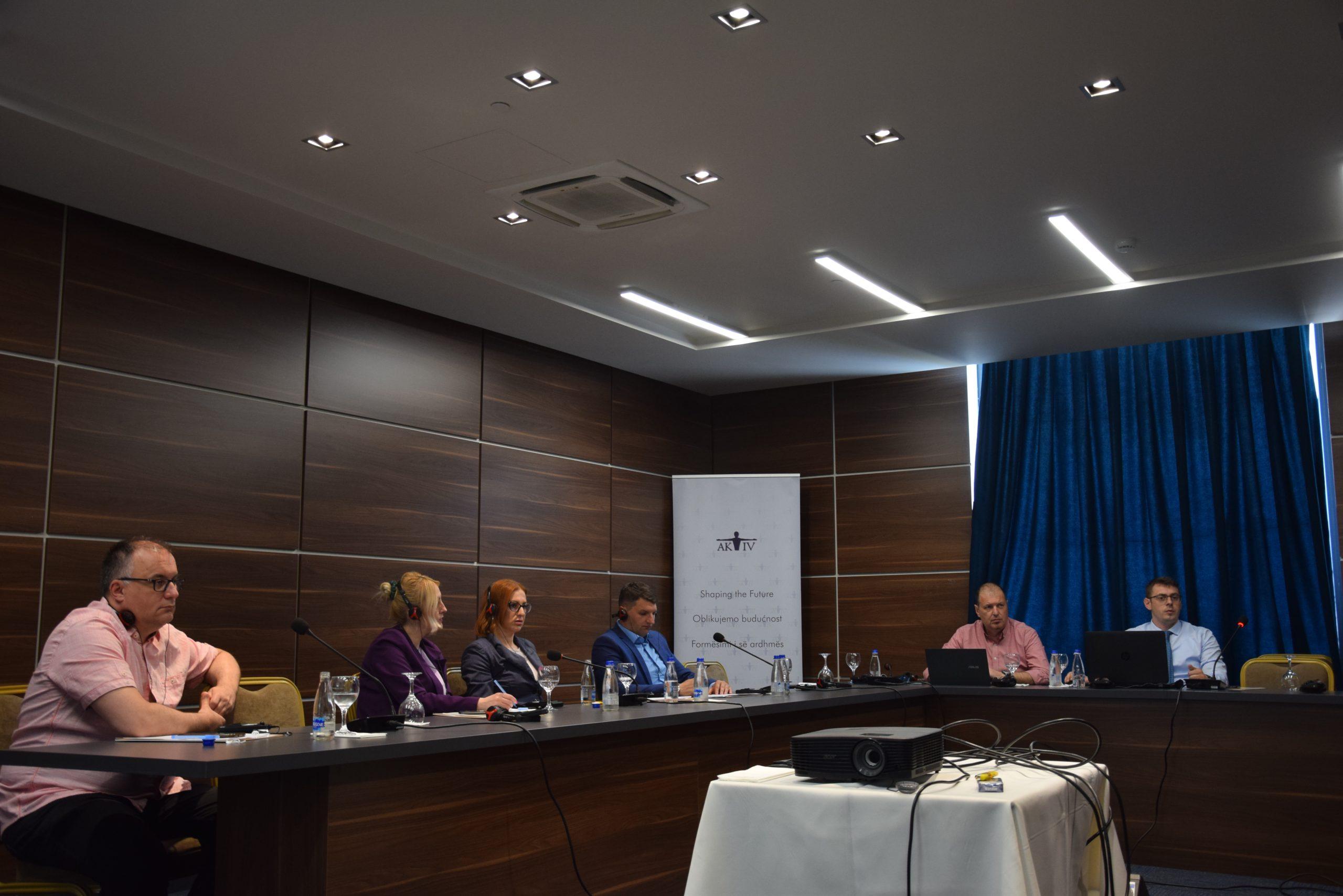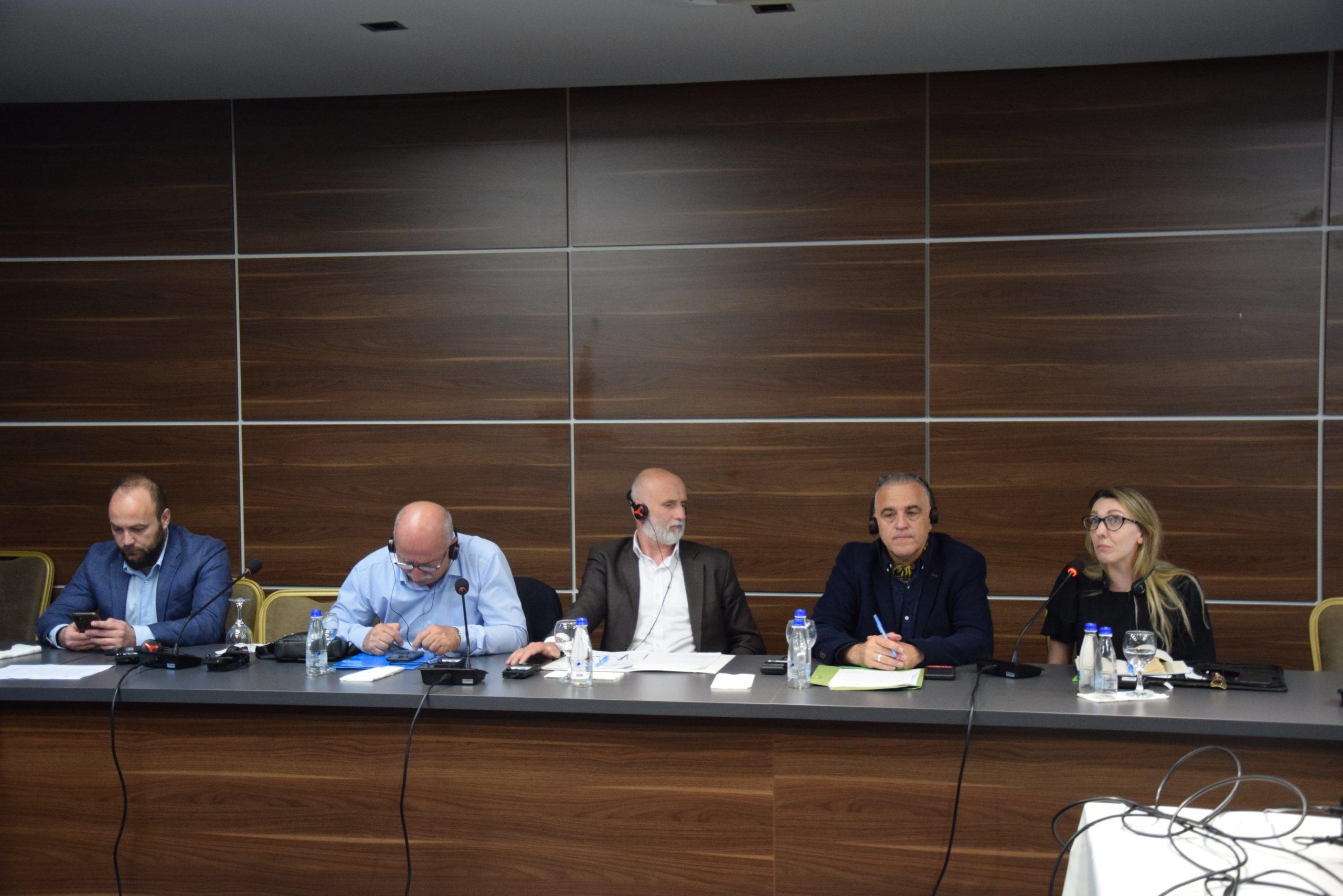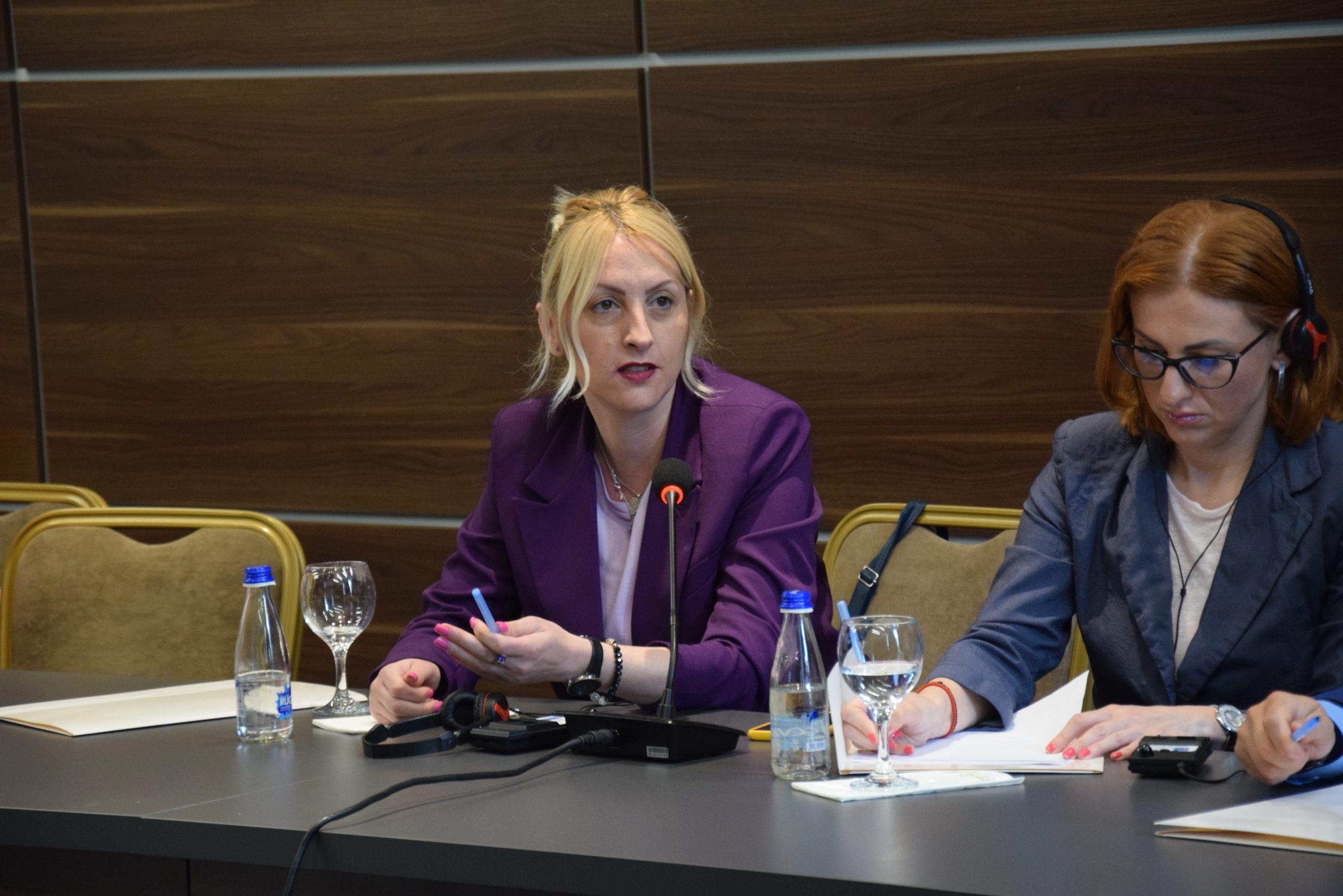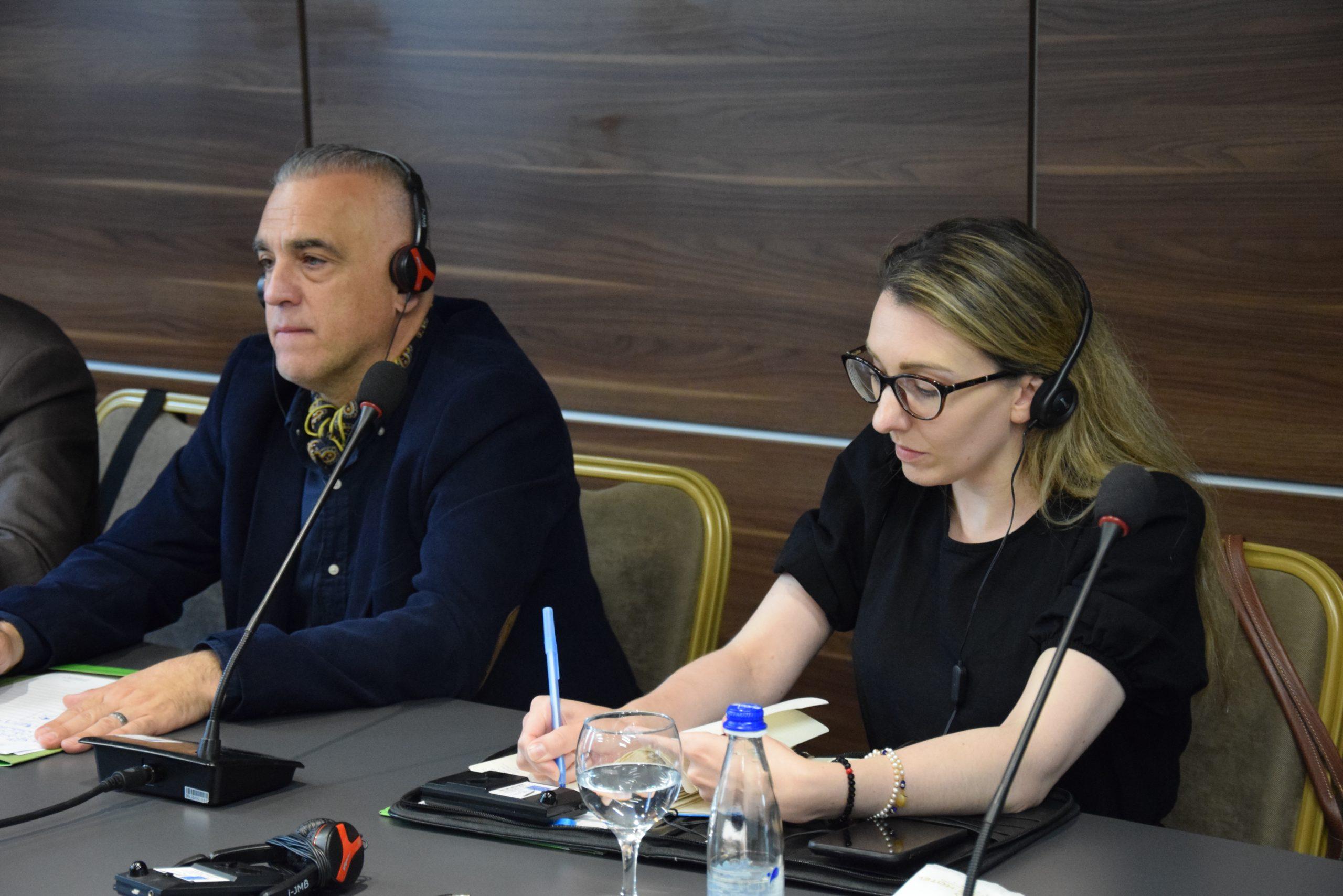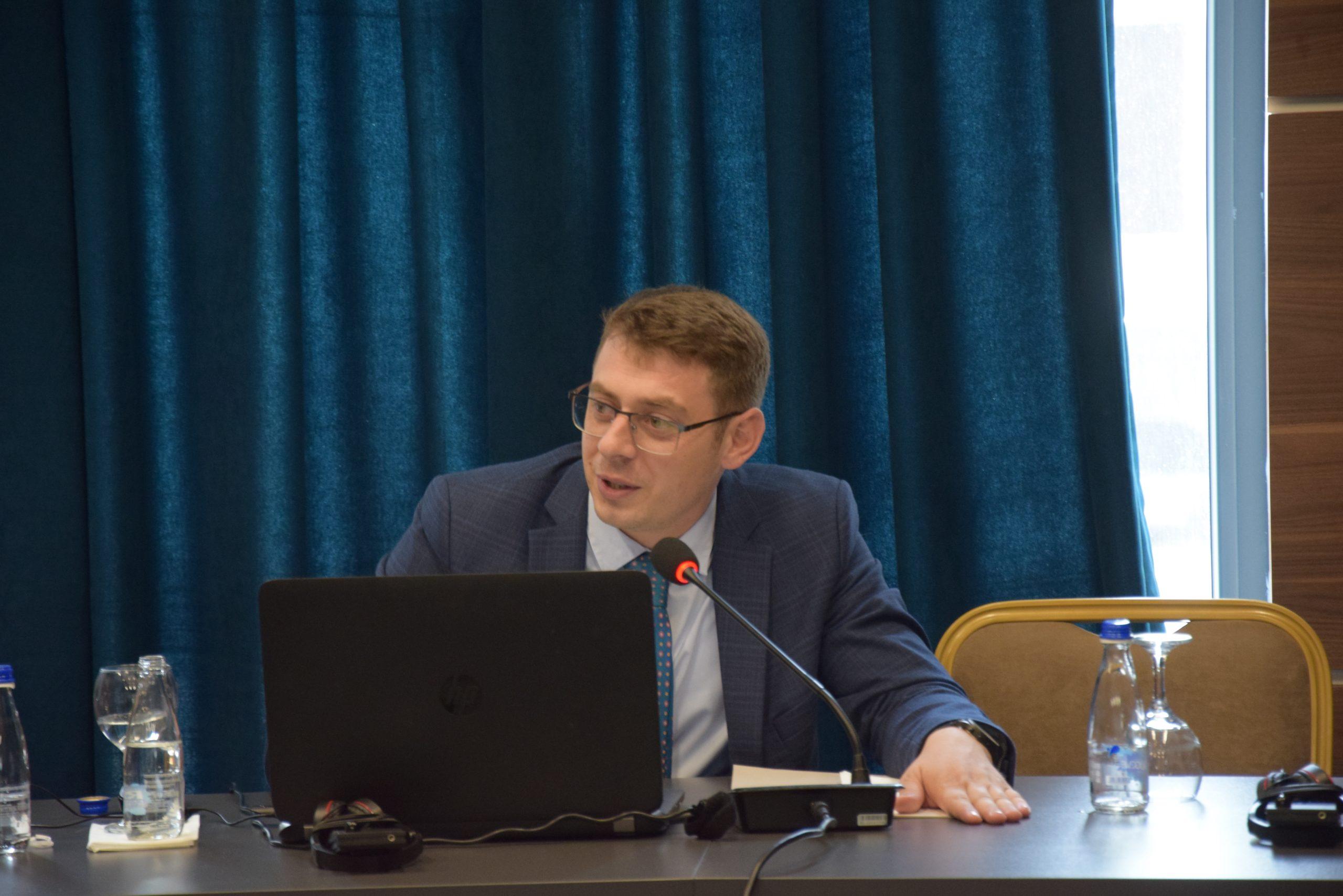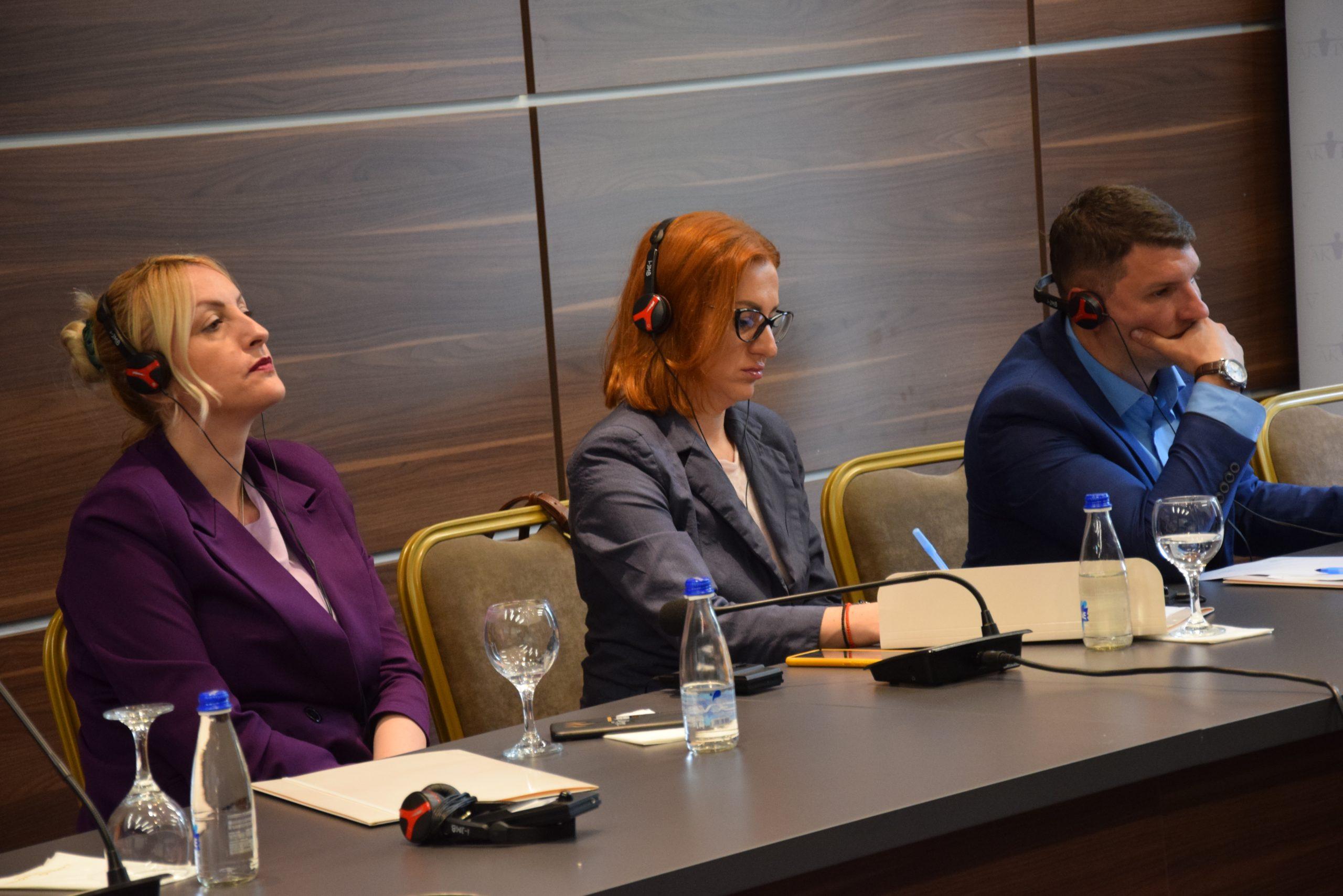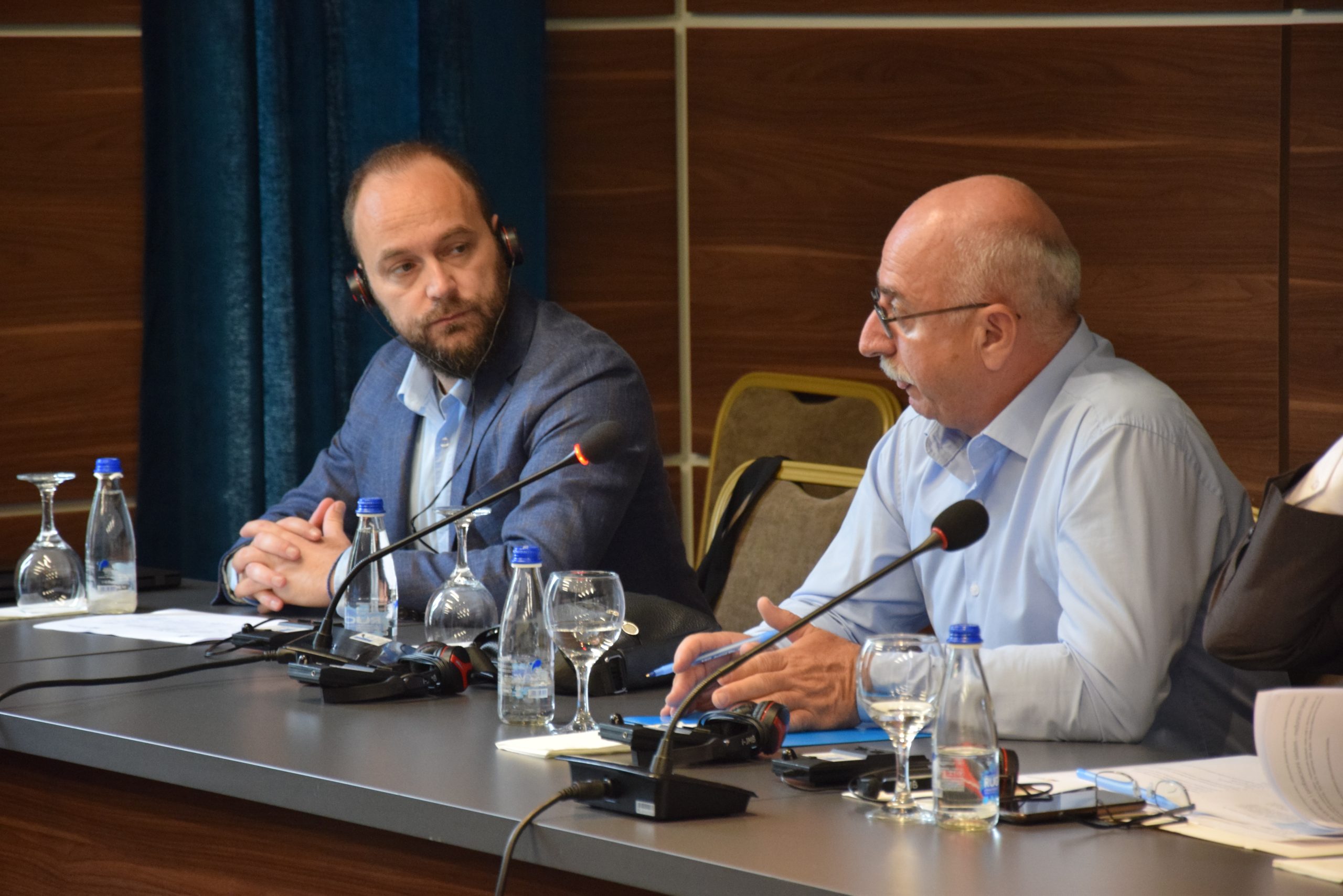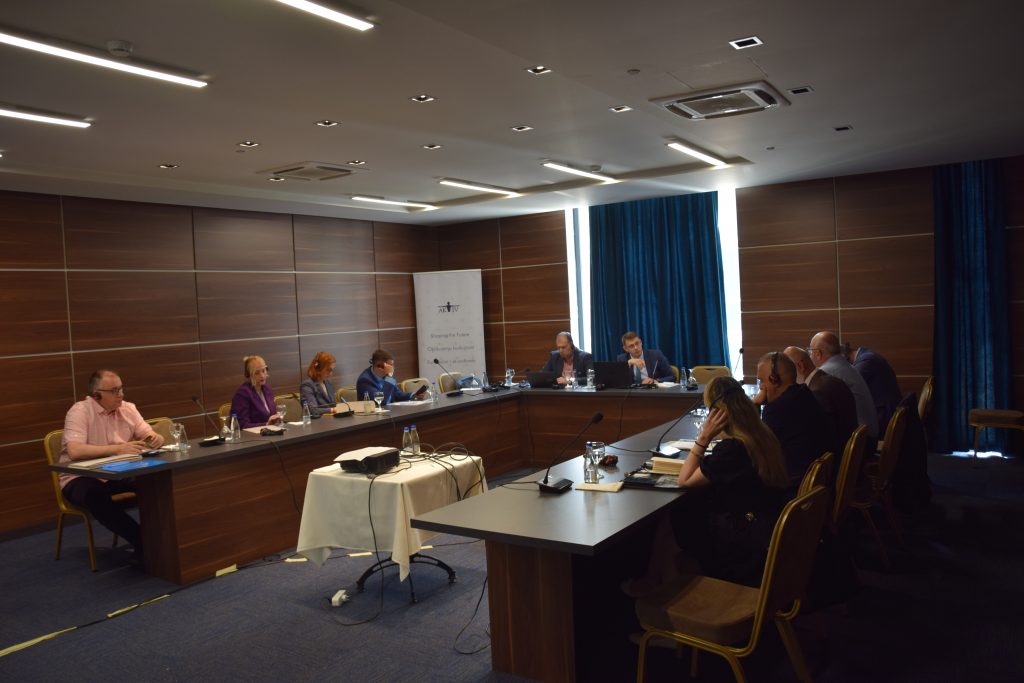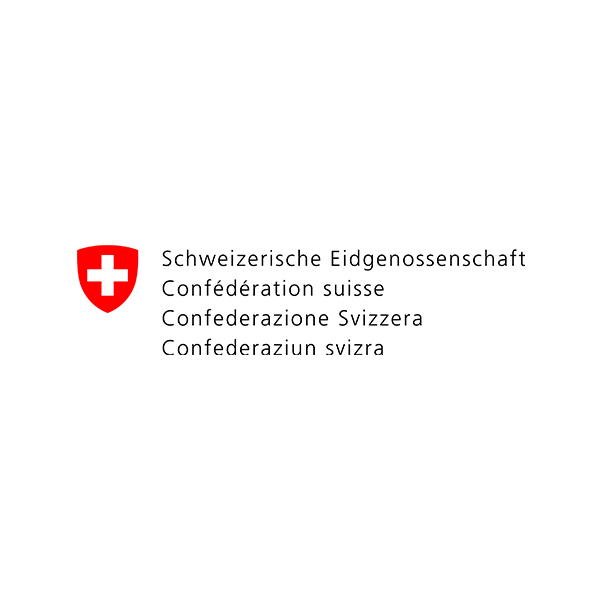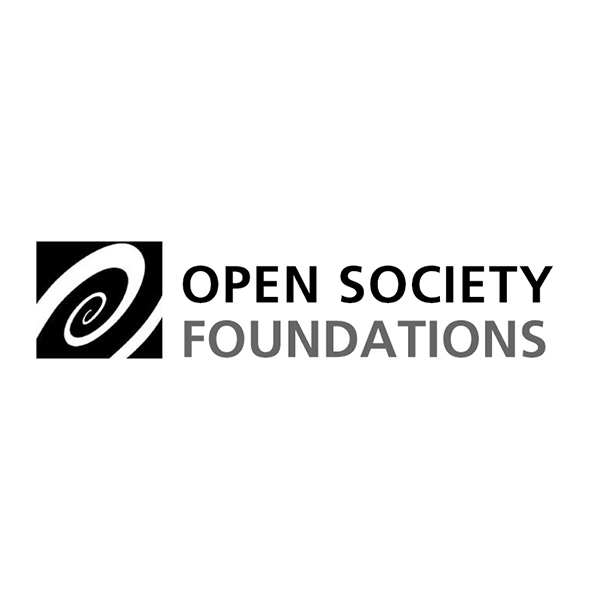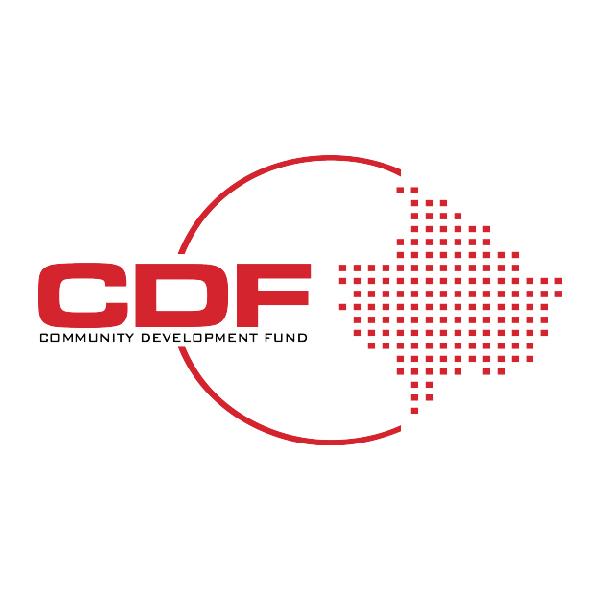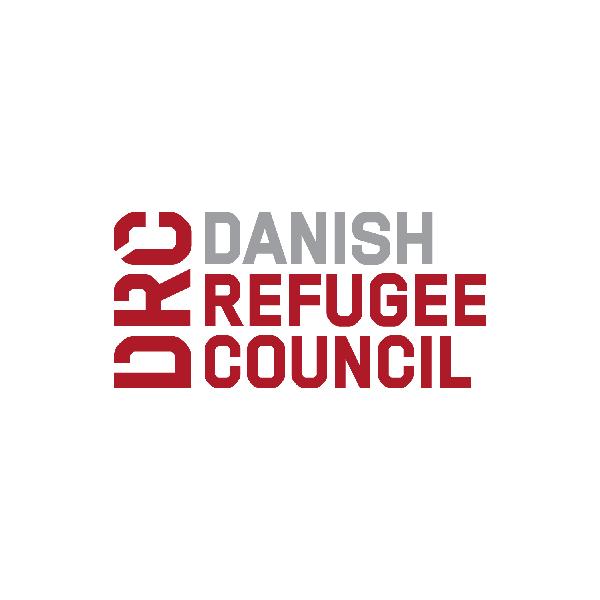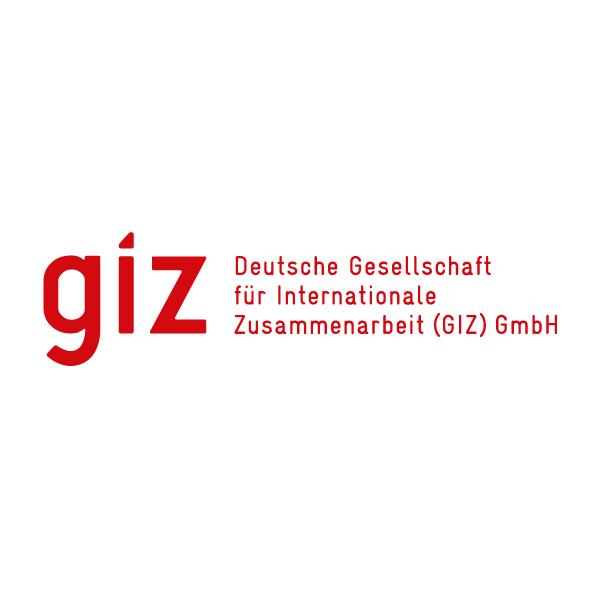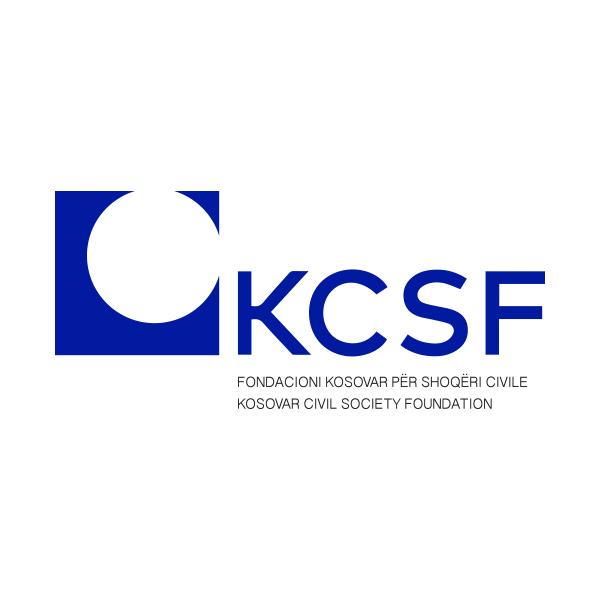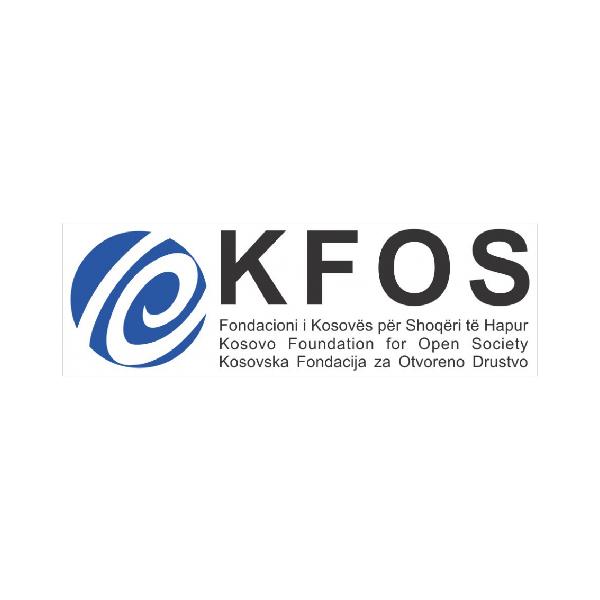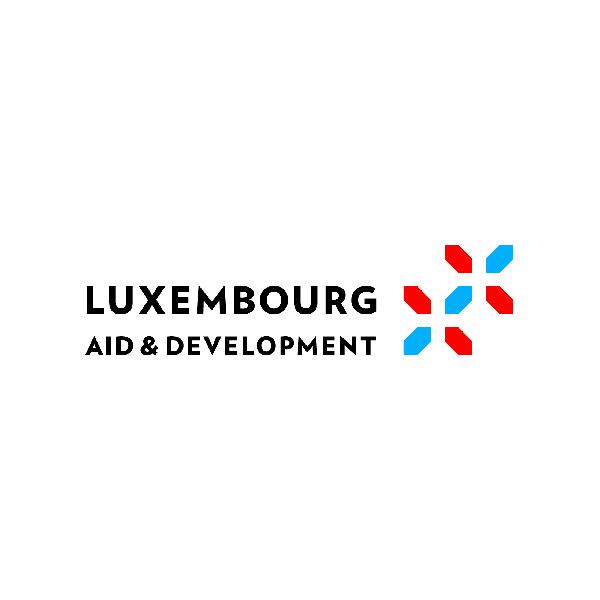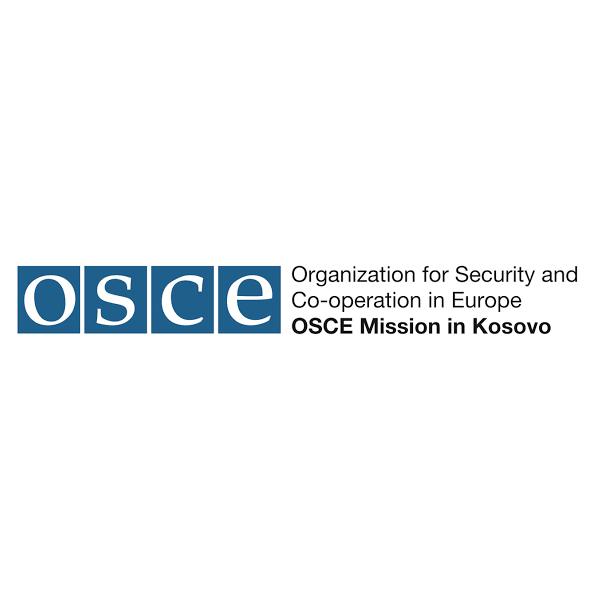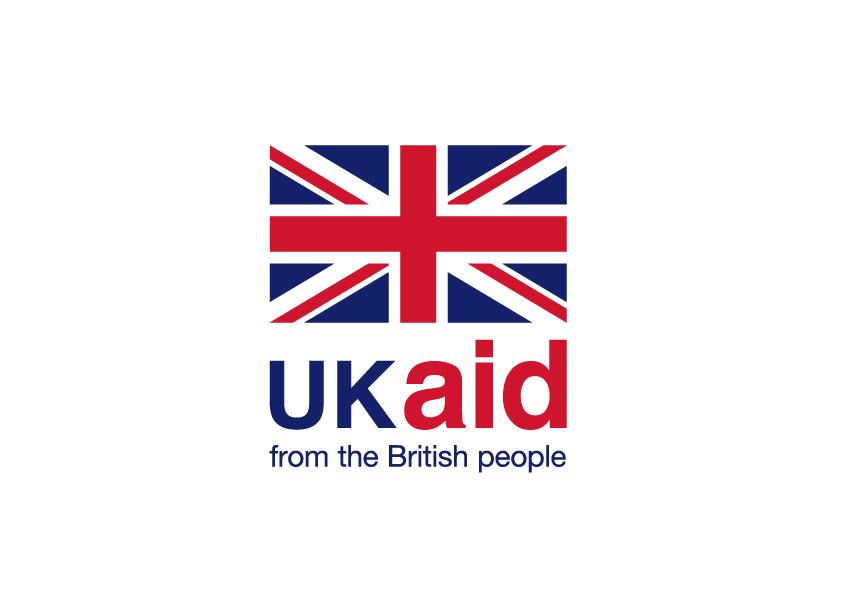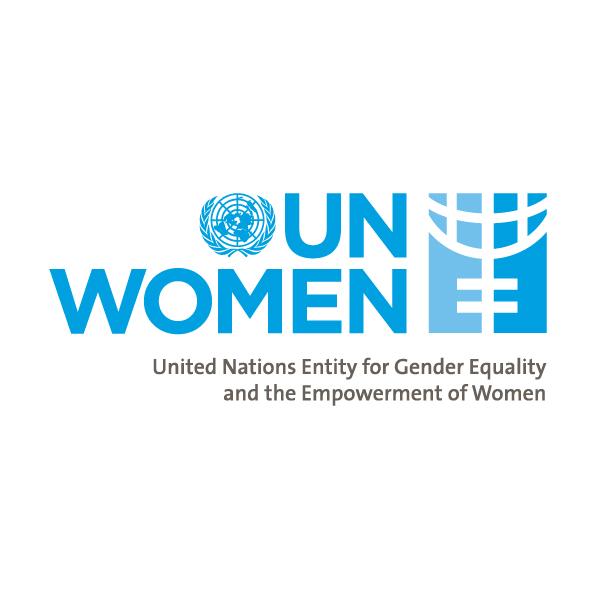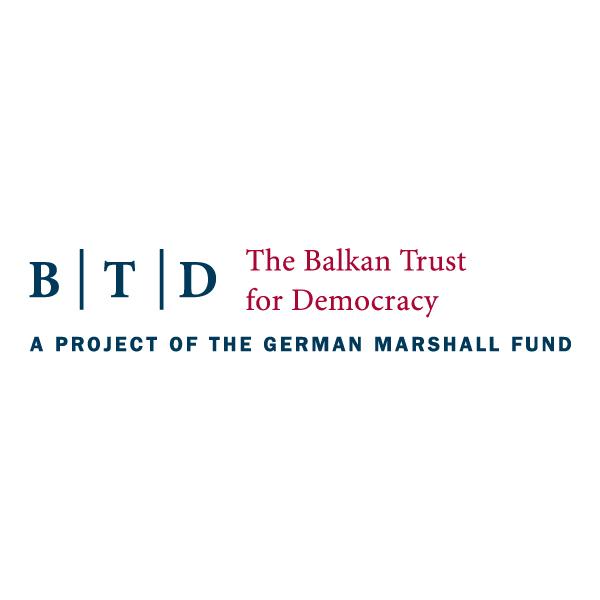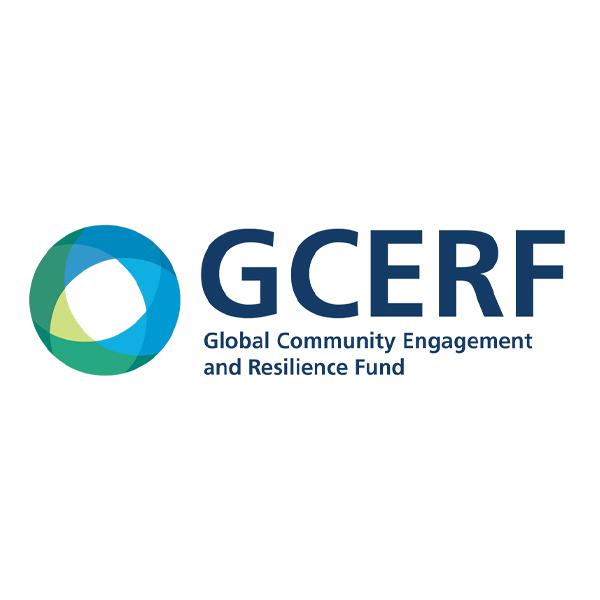A seminar titled “Support and Access to Justice and Human Rights in the Mitrovica Area” was held from May 19 to 21 in Vrbnica, near Prizren. The seminar, was organized by the NGO Aktiv in collaboration with the NGO ACDC, and with the support of the UNMIK mission.
The seminar brought together judges, lawyers, representatives of the Probation Service, and members of the civil society sector. Experts from Kosovo provided an overview of the support for access to justice and human rights in the Mitrovica area, with a specific focus on the use of alternative sanctions and punishments for work in the public interest.
During the seminar, the practices and experiences of the Basic Courts in Kosovo and the Probation Services in the municipalities of Mitrovica South, Gjilane/Gnjilane, Ferizaj/Uroševac, and Graçanicë/Gračanica were discussed. The aim was to identify ways to improve the efficiency of applying alternative punishments in the Mitrovica region while respecting the discretion of judges when selecting the type of sanctions.
Various topics were discussed during the seminar, including the problems and challenges faced by the Probation Service, the inadequate representation of criminal sanctions, the cooperation between the probation service and the court/public services, the monitoring and reporting capacity of the probation service regarding the implementation of criminal sanctions, examples of good practices in the region and the European Union.
According to the NGO Aktiv, a survey conducted by their organization revealed that work penalties in the public interest are not frequently imposed, despite the conditions being favorable for their more frequent application. Many respondents believe that this form of penalty, if applied in more cases, would serve the purpose of punishment effectively.
Moreover, an examination of modern criminal legislation suggests a growing trend toward the increased use of alternative forms of punishment that can effectively achieve the goals of punishment. This aligns with the modern approach, which emphasizes the resocialization of offenders rather than mere retribution.


